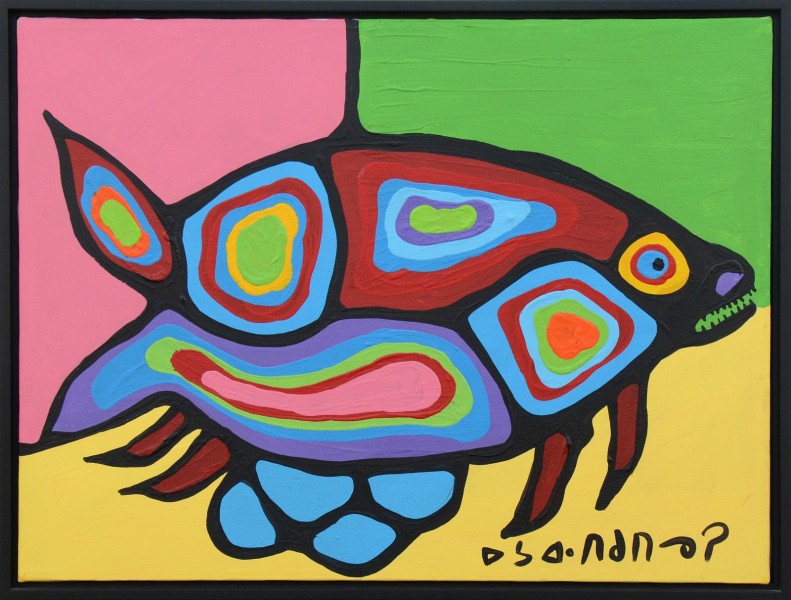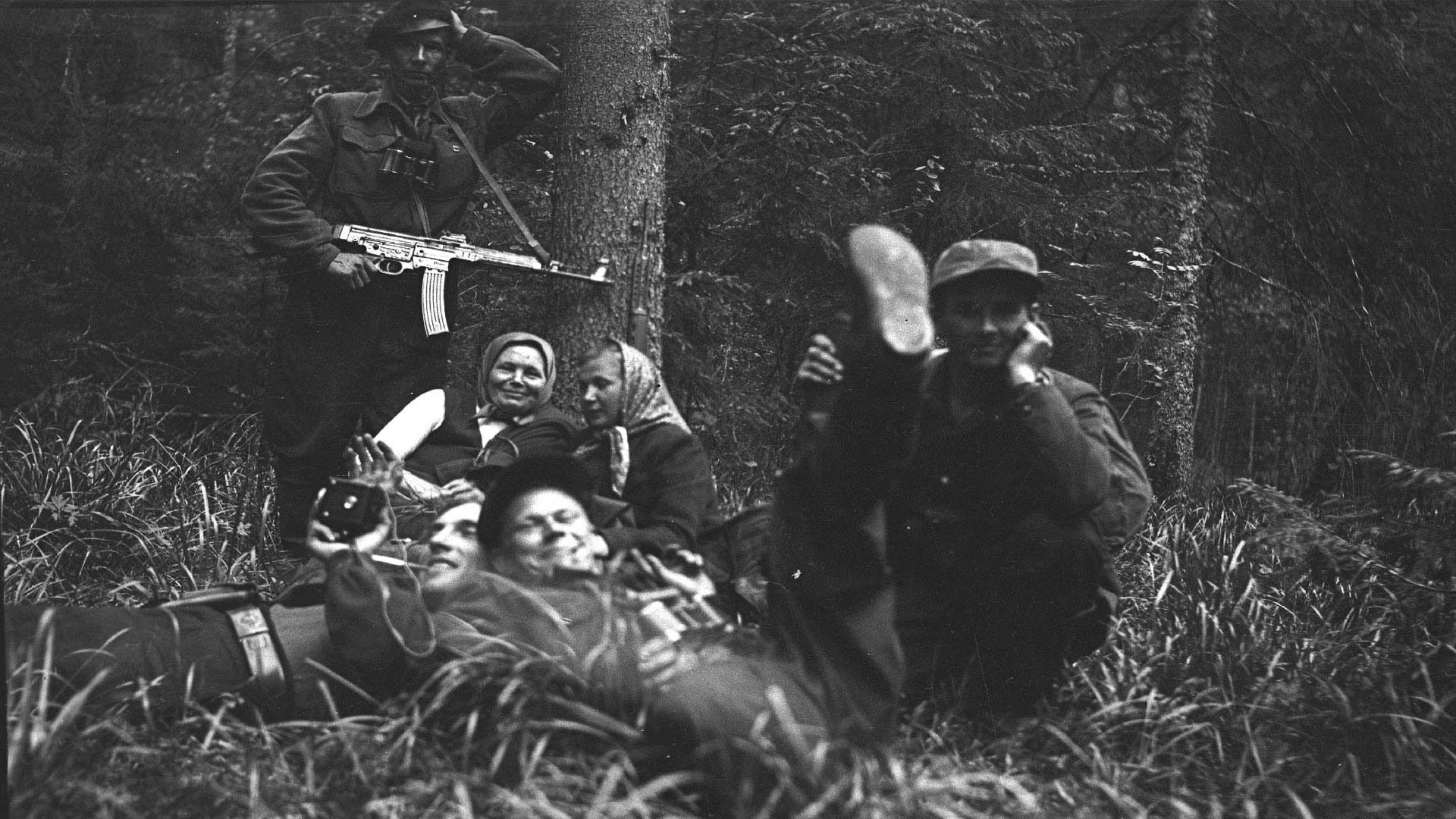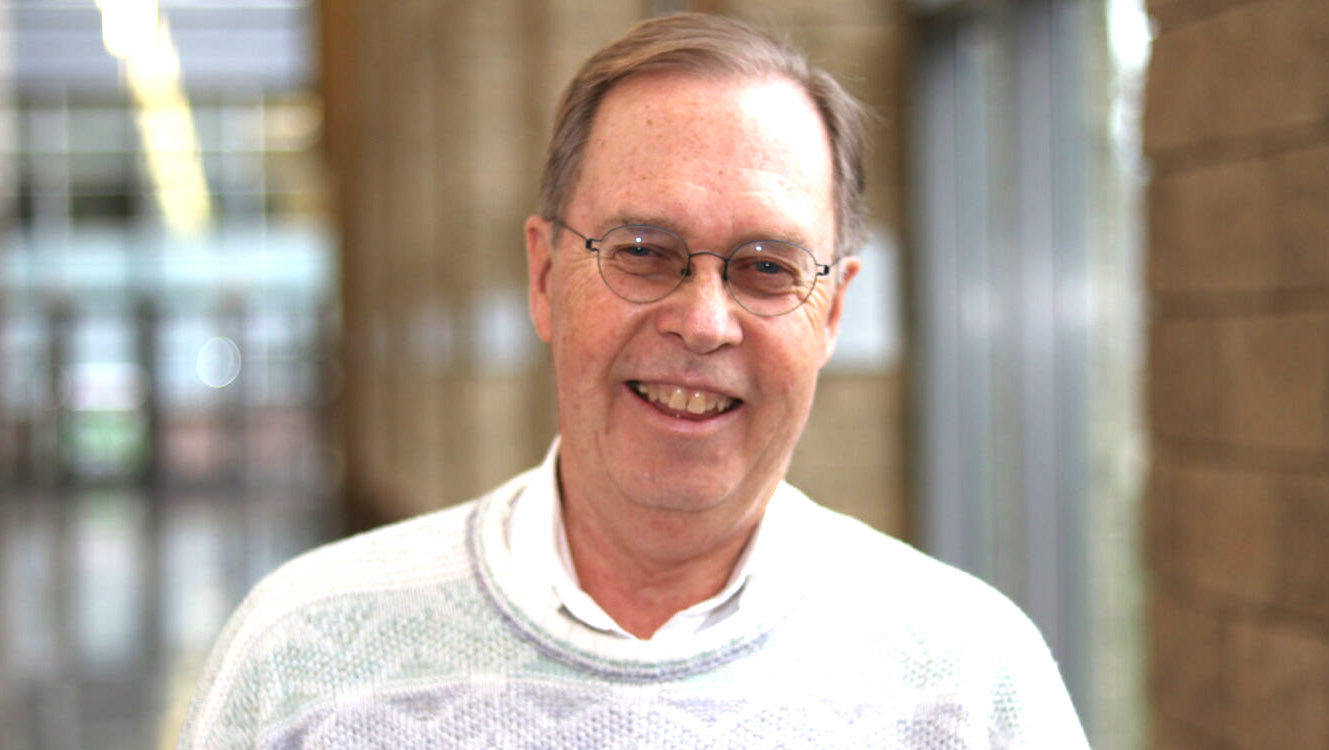Later that day three wise indigenous women led a water ceremony on a walk through urban, once forested, unsettled lands. This gained prominent attendance as well and evening television news coverage. Positive and affirming, once again. No divisive remarks heard, no negative commentary.
What has happened in the last three years? Surely, the vast majority of those proud to call Canada home – either as newcomers, descendants of war refugees, those able to trace their lineage back here for generations have not changed their respectful, accepting ways?
But thanks to what can only be called a culture of division, not unity negativity is poisoning the airwaves and social media. The multitudes using hateful language, not accepting that humanity, at least in some parts of the globe has made tremendous strides in attempting to rectify – and avoid – the sins of the past.
History is what happened. The present needs to draw from it in order to ensure a fairer future. Not always the case. But consider John 8:7. “He that is without sin among you, let him first cast a stone at her.” Said by Jesus to an angry mob wishing to rain rocks on an alleged miscreant, an ancient death penalty. Mobs certainly have not disappeared since Biblical times – in fact in this calendar year they define public gatherings. Thankfully, in Canada the masspyschosis mentality has not yet led to violence and looting, such as seen elsewhere.
One of the most distasteful words utilized as a result of protest is conversation. Political leaders and commentators seem to believe that just talking about concerns will lead to change. Change also has become a meme – as if an element of a culture or system of behaviour, which is how the concept is defined, has value during trying times. Perhaps for some it does – for a meme behaviourally is reinforced by imitation. Not genetically, not through education, not through introspection. It is that imitation aspect that is troublesome, especially when it is not accompanied by any degree of common sense.
To call modern Canadians colonizers is an insult. What happened in the past was certainly colonization. But among the explores, fur-traders, coureurs de bois were many, many individuals who genuinely respected indigenous cultures, sought to learn their language an culture, and intermarriage was not always for the sake of convenience, but as any human union should be, because of what the two brought to the relationship.
It is a common trait among Europeans to if not to speak the language of others, neighbouring people, then to at least be able to greet and thank them in their tongue. I can do that in Anishinaabemowin. And more. Can you? Greet my Cantonese neighbours (even if I am a gwailou, a white devil – ethnic slang and slurs exist everywhere, alas). Efforts to communicate are always appreciated. It is not a “conversation”, but a sign of respect to do so.
A quantum shift as demanded by those calling for change, while suggesting that some lives are not to be honoured is flawed from the onset. Decades ago an anthropology professor uttered at the start of the inaugural lecture a phrase that, for some reason struck home deeply. For that perspective had certainly not yet been considered by many of the students, judging by discussions later. Those simple words were there is but one human race. Not many, but one. By falling to psychologically understandable divisions according to pigmentation of the skin or any other historical difference almost demands that obvious point. It is akin to Jesus’ asking an angry mob the above question.
The time for conversation among the elite is past. The mindless chants for change from protesters are being heard but the divisions are not of any value. The time is for action of a positive nature, not exhortations that cleave lour polity even further, reduce years and years of efforts to understand others. Respectfully and acknowledging our differences. All of them, by all of us.
Tõnu Naelapea, Toronto




